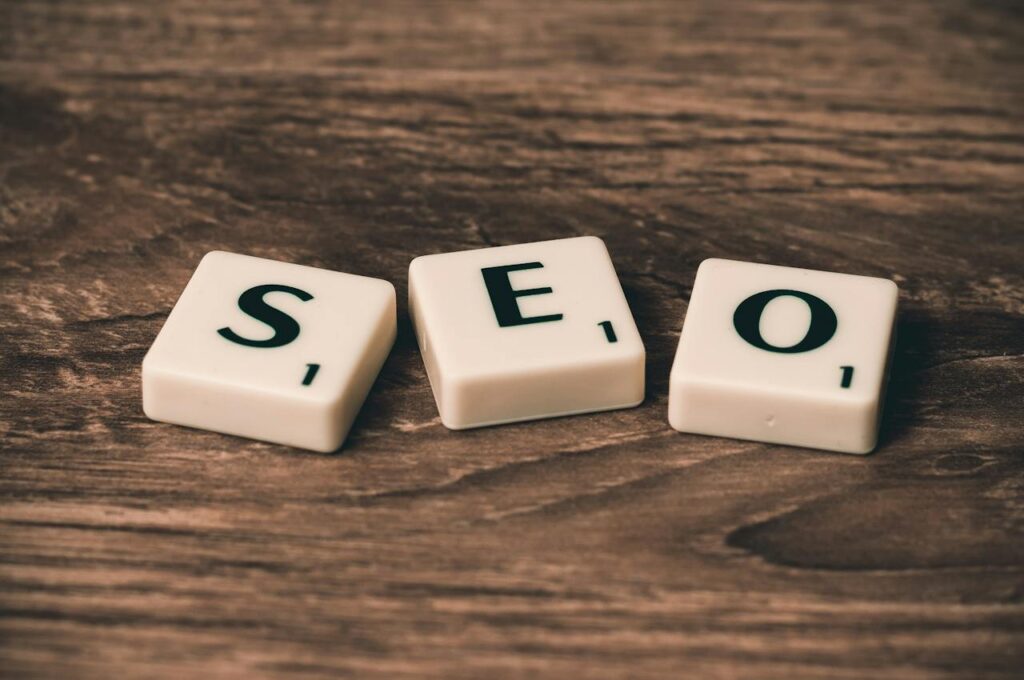Services
As a digital marketing freelancer, I provide specialized services in Pay-Per-Click (PPC), Social Media Marketing (SMM), and SEO.
Digital Marketing Services In Irinjalakuda

SEO
SEO, or Search Engine Optimization, is a set of practices and strategies aimed at improving a website's visibility in search engine results pages (SERPs). The ultimate goal of SEO is to increase organic (non-paid) traffic to a website by enhancing its relevance and authority in the eyes of search engines like Google, Bing, and Yahoo.


SMM
SMM stands for Social Media Marketing. It is a digital marketing strategy that involves using social media platforms to connect with the target audience, build brand awareness, drive website traffic, and increase sales or engagement. Social media marketing encompasses a range of activities, and it plays a crucial role in today’s digital landscape.
PPC
PPC stands for Pay-Per-Click, which is a digital advertising model where advertisers pay a fee each time one of their ads is clicked. It’s a way of buying visits to a website rather than earning those visits organically through methods like SEO. PPC is a popular form of online advertising, and it is commonly associated with search engines, social media platforms, and other websites that offer advertising space

frequently asked questions
Digital marketing refers to the use of digital channels, platforms, and technologies to promote and advertise products, services, or brands to a target audience. It encompasses a wide range of online marketing activities aimed at reaching consumers through various digital devices such as computers, smartphones, tablets, and other electronic devices.
How SEO Works:
Keyword Research:
- Identify relevant keywords and phrases that users might enter into search engines when looking for information related to your website.
On-Page Optimization:
- Optimize website content, titles, headings, and meta tags to include targeted keywords and provide a clear and valuable user experience.
Link Building:
- Acquire high-quality backlinks from reputable websites, as search engines view these as a sign of credibility and authority.
Why SEO is Important:
Increased Visibility and Traffic:
- SEO improves your website’s ranking on search engines, increasing its visibility and attracting more organic (non-paid) traffic.
Credibility and Trust:
- Websites ranking higher on search results are often perceived as more trustworthy and credible by users.
Cost-Effectiveness:
- Compared to paid advertising, SEO is a cost-effective way to drive long-term organic traffic to your website.
Pay-Per-Click (PPC) advertising is a digital marketing model where advertisers pay a fee each time their ad is clicked. It’s a way of buying visits to a website rather than earning those visits organically. PPC ads are commonly displayed on search engines, social media platforms, and other websites, and they allow businesses to bid for ad placement in a sponsored section of search engine results or on relevant web pages.
A successful digital marketing strategy integrates various components to create a cohesive plan that achieves business objectives and engages the target audience effectively. Here are the key components of a successful digital marketing strategy:
1.Clear Goals and Objectives:
- Define specific, measurable, achievable, relevant, and time-bound (SMART) goals aligned with overall business objectives.
2.Target Audience Identification:
- Clearly define and understand the target audience, including demographics, behaviors, and preferences.
3.Search Engine Optimization (SEO):
- Optimize website content, structure, and technical elements to improve organic search visibility and attract relevant traffic.
4.Content Marketing:
- Create valuable, relevant, and engaging content that addresses the needs of the target audience at different stages of the buyer’s journey.
5.Social Media Marketing:
- Leverage social media platforms to build brand awareness, engage with the audience, and drive traffic to the website.
6.Email Marketing:
- Use email campaigns for lead nurturing, customer retention, and promoting products or services to a segmented audience.
7.Paid Advertising (PPC):
- Implement targeted paid advertising campaigns to increase visibility, drive traffic, and achieve specific business objectives.
8.Mobile Optimization:
9.Customer Relationship Management (CRM)
10.Adaptability and Flexibility